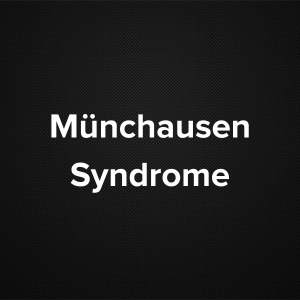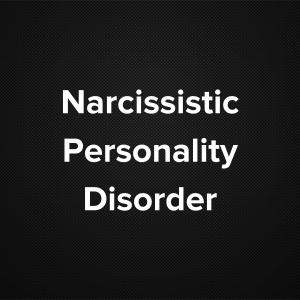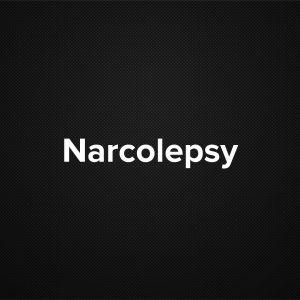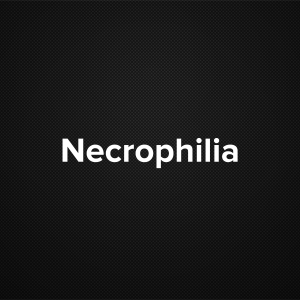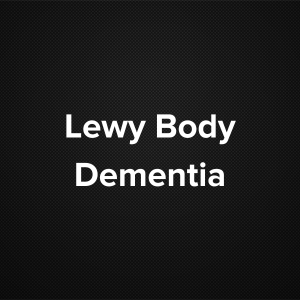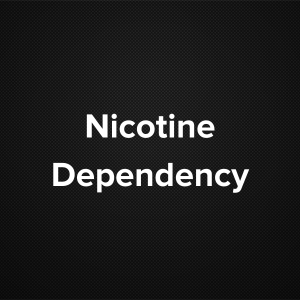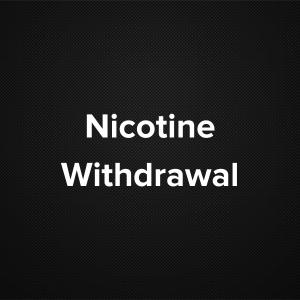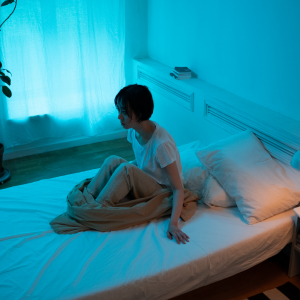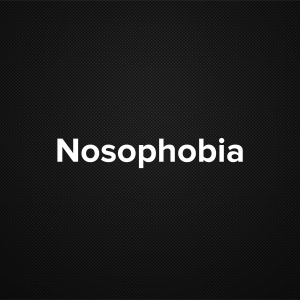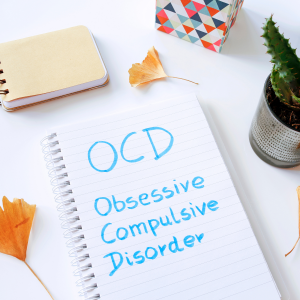Causes and risk factors
Delirium can be caused due to physical or mental illnesses. It causes as a result of an underlying chronic medical illness such as liver disease or kidney disease. Common causes include infections such as urinary tract infection, pneumonia, skin and abdominal infections. Examples of other conditions that increase the risk of delirium include dementia, older age, fever, particularly in children, previous delirium episodes, visual or hearing impairment, poor nutrition, multiple medical problems or procedures, treatment with multiple drugs, alcohol or drug abuse or withdrawal. Delirium may have more than one cause, such as a medical condition and medication toxicity. Few pathological conditions causing delirium are dehydration, Wernicke’s disease, hypoxia, hypoglycaemia, uraemia, hypertensive encephalopathy, intracerebral haemorrhage, meningitis/encephalitis, poisoning/medications.
Clinical presentation
The main presenting features of delirium are decreased attention span and a waxing and waning type of confusion. Symptoms include clouding of consciousness, difficulty maintaining or shifting attention, disorientation, illusions, hallucinations, fluctuating levels of consciousness. Associated symptoms include dysphasia, dysarthria, tremors. Asterixis [tremor of the hand when the wrist is extended, sometimes said to resemble a bird flapping its wings] is observed in conditions like hepatic encephalopathy and uraemia. Motor abnormalities are also seen in some cases.
Investigation
Medical history by the patient and Clinical examination by the doctor helps in diagnosis. Lab tests cannot diagnose delirium but may support the diagnosis such as Complete Blood Count, Comprehensive Metabolic Panel, Urine Analysis, urine toxicity, serum TSH, B12, ammonia. Lipid Profile if indicated is done. ECG is recommended. Imaging studies such as Chest X-Ray, neuroimaging are useful for further evaluation. EEG is advised.
Treatment
Delirium management include supportive therapy and pharmacologic management. Fluid and nutrition is given carefully. For the patient suspected of having alcohol toxicity or alcohol withdrawal, therapy includes multivitamins, especially thiamine. Reorientation techniques or memory cues such as a calendar, clocks, and family photos may be helpful. Delirium that caused due to injury to the patient or others is treated with medications. Medicines may be needed to control aggressive or agitated behaviours. Antidepressants, Sedatives may be required.
Other Modes of treatment
The other modes of treatment can also be effective in treating Delirium. Homoeopathy is a science which deals with individualization considers a person in a holistic way. This science can be helpful in combating the symptoms. Similarly the ayurvedic system of medicine which uses herbal medicines and synthetic derivates are also found to be effective in treating Delirium.

